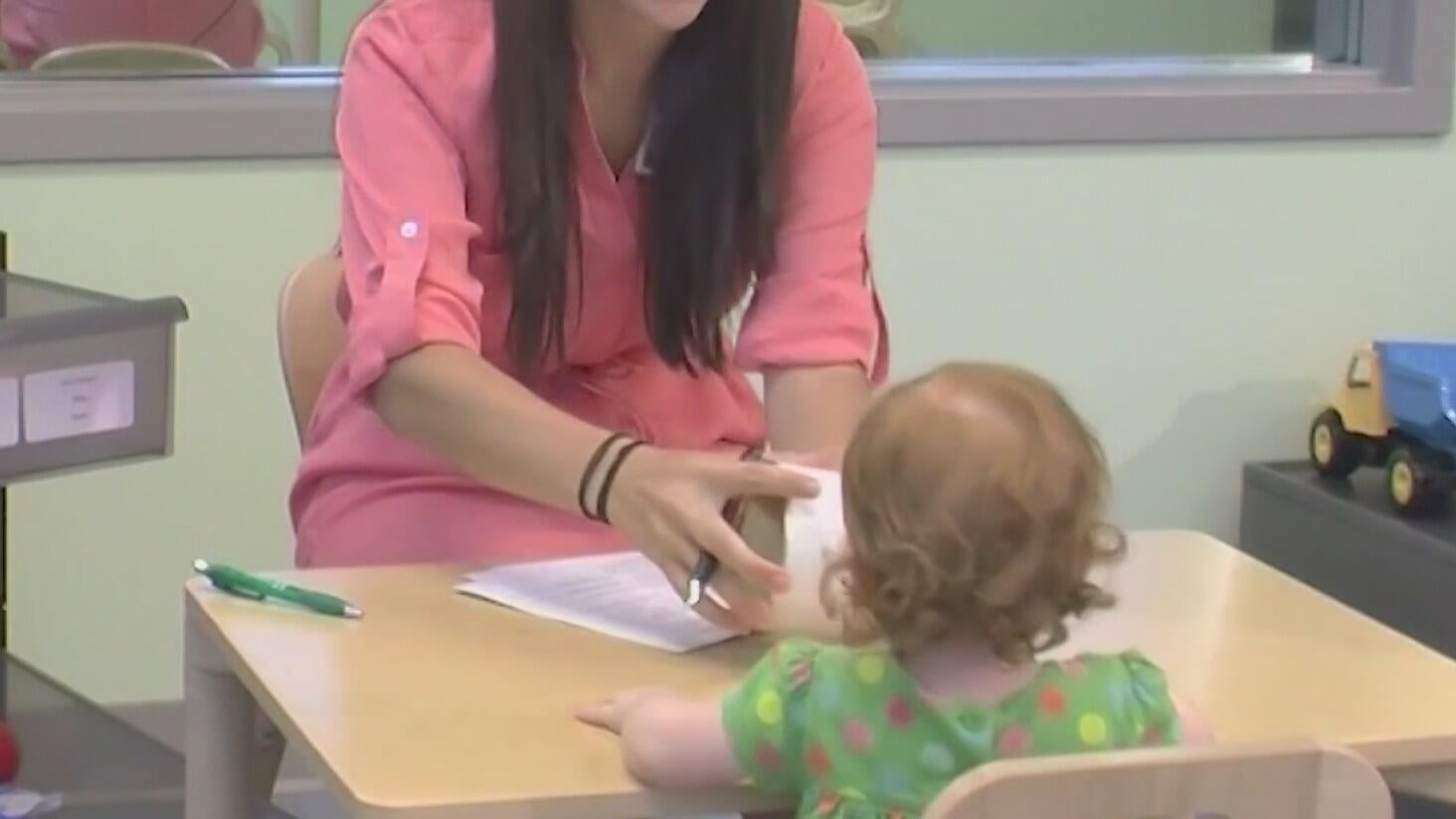UC Davis study links parents' jobs to increased autism risk in children
Scientists at UC Davis are helping lead a new study looking into what's causing autism in children, and it turns out that where Mom and Dad work could be a significant factor.
From farm workers to doctors and auto mechanics, new UC Davis research is showing that some parents' jobs could be impacting autism disorders in their children.
"There does seem to be a number of connections from different types of occupational exposures people would be getting just doing their regular job," said Irva Hertz-Picciotto, director of the university's environmental health sciences center.
Hertz-Picciotto said they've found that a parent's exposure to workplace chemicals during fetal development can impact the severity of autism.
More than a dozen factors were studied, like people who work with pesticides, cleaning agents, and pharmaceuticals. But the biggest impact was noticed in parents who work around plastics.
"That turned out to be a pretty strong set of associations with multiple behavioral outcomes, things like hyperactivity and also how well their language is," Hertz-Picciotto said.
The study found that both a mother's and a father's job could impact their children's cognitive disorders. The time frame they looked at was between three months before pregnancy to birth.
"If it's part of your job, it may be hard to avoid the exposures, but these are the sort of things that could be brought to your supervisor, maybe they could get assigned to a job that's in a different part of their workplace that would be less exposed," Hertz-Picciotto said.
Increasing use of protective gear could also help.
"Maybe you could wear a mask or gloves and change behaviors where you can might be appropriate," Hertz-Picciotto said.
Federal occupational health experts participated in this research. The results could one day lead to new regulations that make workplaces safer for expecting parents.
"I think for employers, there's a message here," Hertz-Picciotto said.
More than 500 families were involved in the study. Scientists say there now needs to be more research into how chemical exposure could affect fetal development.
